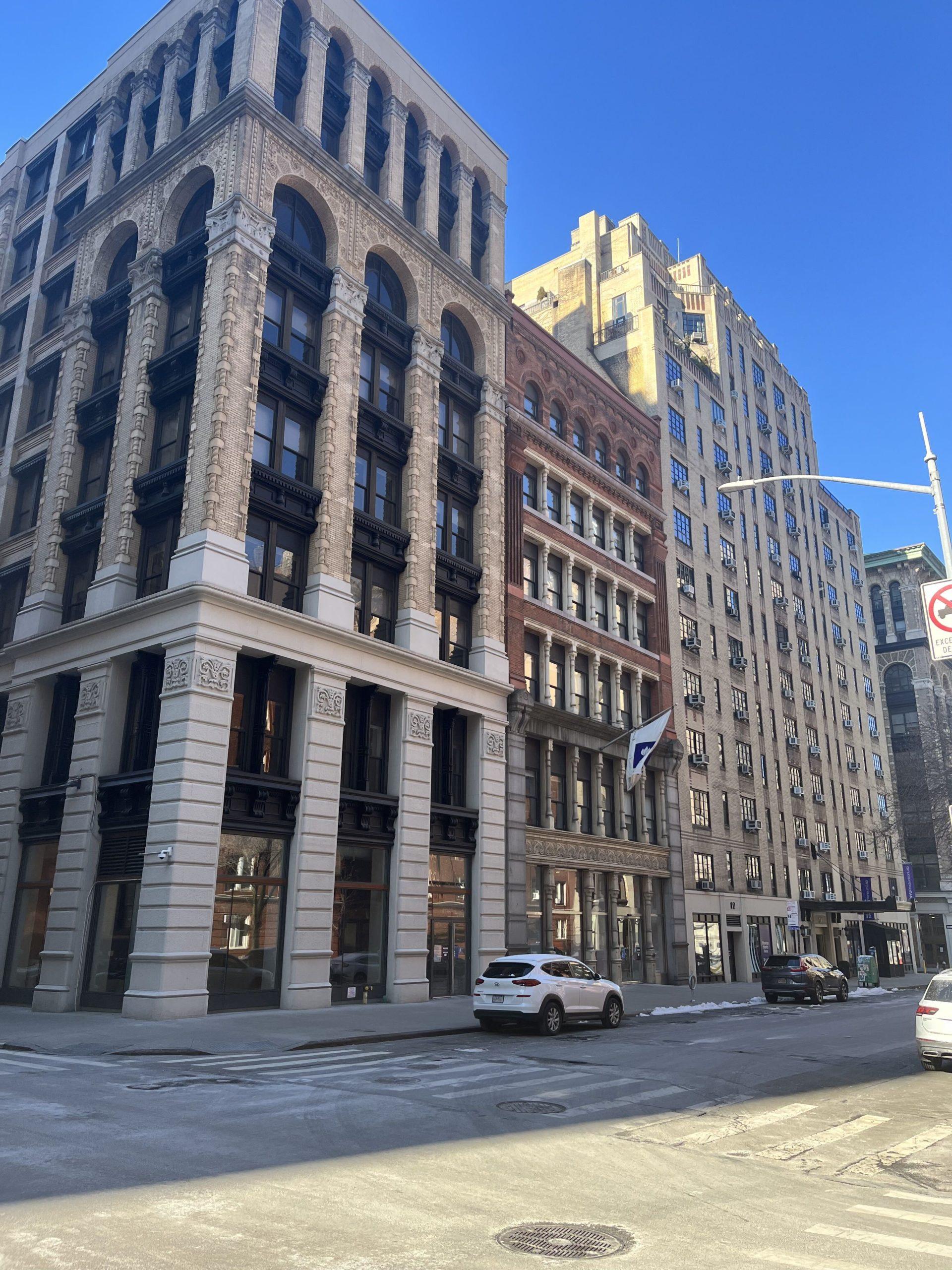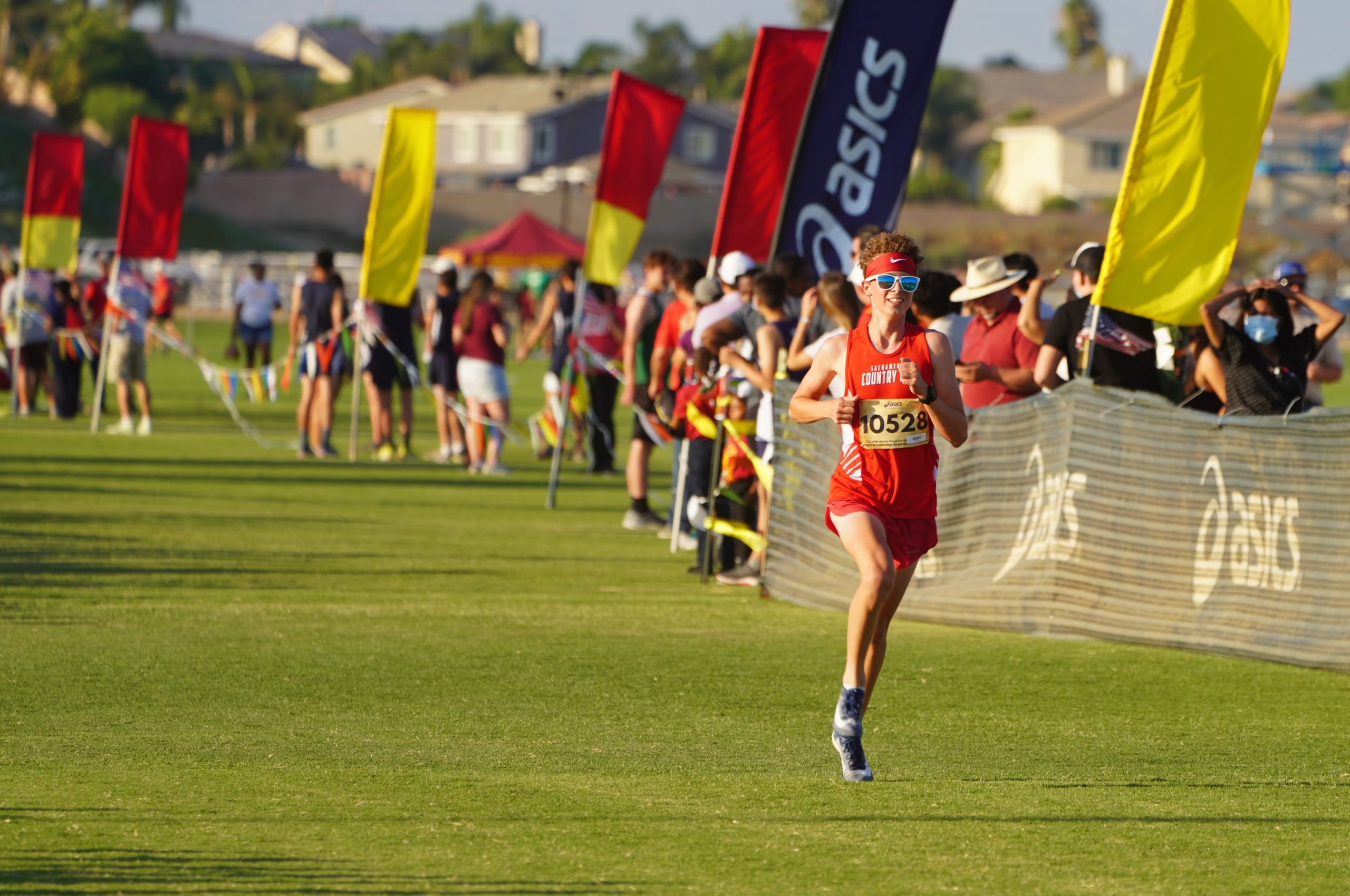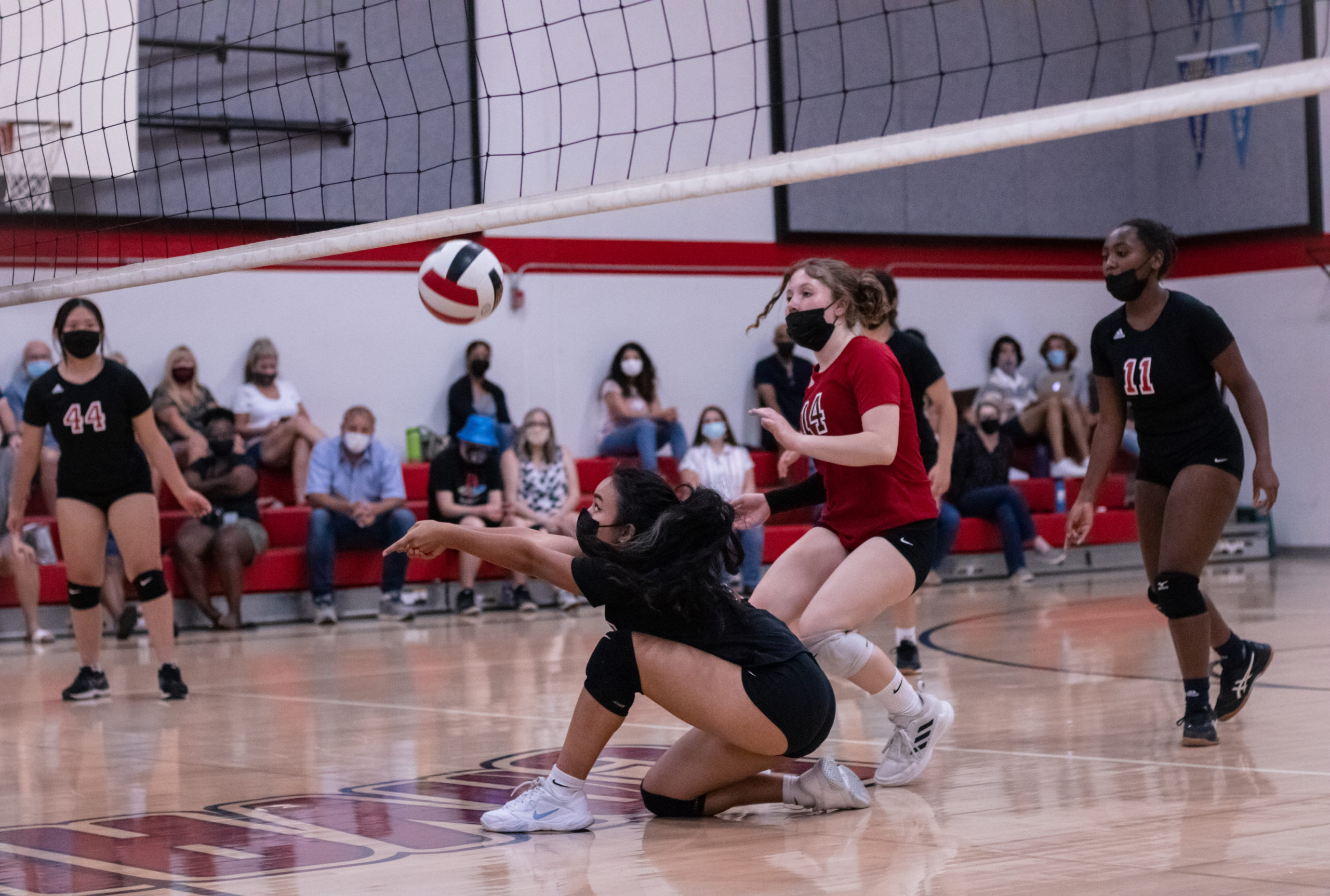Jiayu Tang, ’23, is attending New York University as a math major.
Q: Why did you choose to attend NYU?
A: There’s things around that you could do like you could walk around and visit places on weekends. There are nice Asian food places around Astor Place, which is just next to the campus. There are also numerous options in the city which you can get to easily by subway.
Also, selecting classes and majors is very flexible. You could change or try other classes, so that’s pretty nice. The classes also match my major.
Q: What are you majoring in? Why?
A: I’m majoring in math and philosophy, but I couldn’t get classes for philosophy, so I changed it to a minor. I wanted these majors because they’re pretty similar — they’re both based on derivation — so they’re easier to learn.
Q: What is your favorite class?
A: My favorite class is a first-year seminar on contemporary Europe, which talks a lot about ideological trends after World War II, like neo-liberalism and remaining Nazism during a short post-war period. We also corroborate materials from very different sources and try to figure out the nuances of the interactions between two camps during the Cold War.
Math analysis is also pretty fun, even though it covers a lot of material. Compared to many other types of math we learn, there is less repetitive work like excessive calculations that make you tired. A counter-example would be Discrete Math in NYU, which is very detail-oriented and involves a lot of calculations.
The teaching styles for humanities, social sciences and natural sciences are quite different.
Humanities usually rely more on major assessments like essays in terms of grading. The routine is quite similar to Sacramento Country Day’s class styles but with much more reading materials and reading responses.
For math, I feel like the teaching style is also quite similar. It contains weekly homework and major exams, but lectures are usually proof-based. I haven’t tried social sciences so I’m not sure.
Q: What is your favorite part about college?
A: There is a large variety of clubs to select from, and they’re all very welcoming and inclusive. They also almost always have good food that ranges from pizza to authentic Chinese and Japanese cuisine.
The organizers, especially the ones for professional development, are always very experienced, and the lecturers that come are always great. They also welcome personal connections.
I’m currently in Philosophy Club, Business Analyst and Math Club because they are related to my interests. I’ve also made friends through these clubs.
Q: What do you dislike about college so far?
A: Do not live in the dorms. It’s expensive — more expensive than living out of campus — and you have to share a room with another person.
If you sacrifice half an hour of commute time, living with a roommate in a single-room apartment costs around $1700 per month, whereas a dorm costs around $2200 per month and you have to share your bedroom with your roommates.
The dorm system is also like a lottery. You could get a super bad dorm that is definitely not worth the cost, but of course, none of the dorms are worth the cost.
There are heaters, but mine broke, and the technician didn’t know how to fix it, so they gave us a small one that always makes the dorm super hot. Also, there were three elevators, two of them are broken, and it’s going to take five more months to fix them.
I live on the seventh floor, so I could climb the stairs, but how are the people on the 17th floor supposed to do that? How are you going to make it to class if you have to wait half an hour for the elevator?
It’s not miserable or pathetic, but if you do the comparison, the dorms are not that good. By itself, it’s not that bad.
Q: Is there anything you were unprepared for?
A: I wish I’d looked at housing outside of campus. This is very NYU-specific, but the meal plan that comes with dorms is $15. I could get better food at any restaurant at the same price!
There are so many restaurants near school, and they’re all better, faster and have more choices than the cafeteria food. The cafeteria food has terrible quality control and the standard deviation for taste is huge.
Q: How was the transition from Country Day to college?
A: I think it’s been fine. I guess one thing to watch out for is to not to underestimate the risk of picking a professor with a low rating.
Take classes that you know you can handle and trust RateMyProfessor.com and everything’s going to be fine. Carefully consider any professor with a rating less than 3.5.
Q: Have you made any freshman mistakes?
A: I selected a professor with only one point on RateMyProfessor, and I got screwed over. Never, never, never do that! Don’t even think about it; if you see that, swipe!
On the final out of 100 points, that professor had 40 points dedicated to free-response questions on the analysis of whether calculus works in certain situations, which we’ve never done before, so I was dead.
This semester I changed my strategy and chose my professors carefully. Even though I’m taking more advanced classes, I feel a lot less pressure.
Q: Do you have any advice for the class of 2024?
A: The difficulty of the class doesn’t matter, what’s more important is the quality of the professor. Preferably, pick the professor before the class.
For example, if the way a professor grades is very uncertain, or if the professor doesn’t tell you what’s going to be on the test, it doesn’t matter if a class is easy. If a class is difficult but the professor gives you clear instructions, you just have to prepare for it.
Also, if you want a professor who’s good at teaching, look for one that doesn’t focus too much on research, because then they will have more time to interact with you.
Regarding how to select a school, I think the location of the school is very important. I think NYU is very good for introverts because there are many places to go by yourself, so you don’t need other people to have fun. But in the end, everything depends on personal preferences.
Q: Do you have a favorite place in New York?
A: I like the Hudson Riverside in the spring and fall, but it’s very cold in the winter. The riverbank is relatively close to the school and there is a lot of cool architecture on both sides of the banks. You can also see Brooklyn from the east bank and New Jersey from the west bank.



